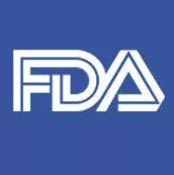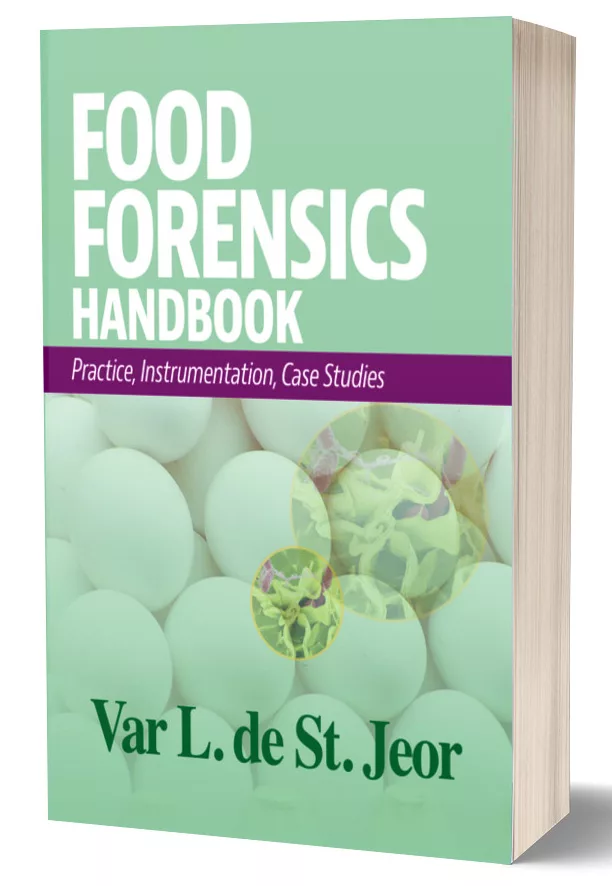Wood Pulp Detected in Name Brand Grated Cheeses

Source: Bloomberg News
Acting on a tip they received, the U.S. Food and Drug Administration (FDA) made an unannounced visit to a Pennsylvania cheese factory back in 2012. They uncovered proof that Castle Cheese Inc. was altering its so-called “100 percent real Parmesan cheese” with fillers, mainly wood pulp. The sub-par yet finished products were distributed to some of the largest grocery chains in the U.S.
According to a Bloomberg report, it has become a common practice for Parmesan cheese makers to mislabel products and use substitutes like cellulose, which is made from wood pulp. Cheese suppliers have also used cheaper cheeses instead of real Parmesan or Romano as their labels display.
The FDA’s report on Castle Cheese was obtained via the Freedom of Information Act. In it, it is stated that “no Parmesan cheese was used to manufacture” the Market Pantry brand 100% grated Parmesan cheese (sold at Target stores), as well as Always Save Grated Parmesan Cheese and Best Choice 100% Grated Parmesan Cheese (sold by Associated Wholesale Grocers Inc.) The cheeses in question instead contained a combination of Swiss, mozzarella, white cheddar and cellulose, according to the agency’s findings.
Target maintains that Castle has never been an authorized vendor supplying their stores.
Held liable for Castle Cheese’s food safety violations will be the company’s president, Michelle Myrter. She is expected to plead guilty to criminal charges this month. She faces up to a year in prison, along with a $100,000 fine. After the FDA’s surprise visit in 2012, Castle halted production of the cheeses in question and trashed what they had in stock. The company filed for bankruptcy in 2014.
Bloomberg News hired an independent laboratory to test various store-bought grated cheeses. Cellulose, considered to be a safe additive, is acceptable if it is found to make up 2 percent to 4 percent of the product.
- 8.8 percent cellulose was detected in Jewel-Osco’s Essential Everyday 100% Grated Parmesan Cheese (Jewel-Osco says that they pride themselves on the quality of products they deliver to the public.)
- 7.8 percent cellulose was detected in Walmart’s Great Value 100% Grated Parmesan Cheese (A Walmart spokesperson questions the validity of the tests ordered by Bloomberg, declaring that the chain’s compliance team will perform their own review.)
- 4.8 percent cellulose was detected in Kraft brand (A Kraft Heinz Company spokesperson said that the company remains committed to the quality of their products.)
- 0.3 percent cellulose was detected in Whole Foods’ 365 brand (The store does not believe that their cheese contains any cellulose, believing that the result could have been a false positive. They will perform their own investigation.)
It is believed that cheese makers commit adulteration because it’s cheaper than using real, ingredients, which tend to be more expensive. In addition to that, some cheeses require months to age and cheese makers do not want to wait, especially because cheese naturally loses moisture, which means some of the product might not be usable. As a result, cheaper cheese makers end up winning--at least economically--because businesses in need--like restaurants--often want the cheapest option available, not realizing they are getting a substandard or even fradulent food product.
Looking for quick answers on food safety topics?
Try Ask FSM, our new smart AI search tool.
Ask FSM →








